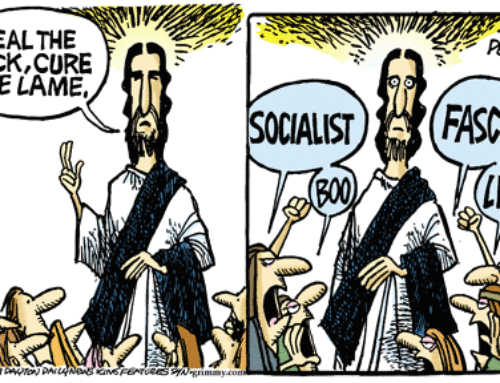i have been busy reading brian mclaren’s ‘Generous Orthodoxy’ and as a previous not-a-big-fan-of-brian-mclaren am absolutely loving it and highly recommend it – breaks open a lot of different boxes and helps clarify a bunch of christian labels in a very helpful way…
here is an extract from the latest chapter which i really enjoyed titled, “Why I am Mystical/Poetic.” and the context is using metaphors to understand God:
‘So we reach for another metaphor to correct the first, and we say that God is also a father, or a friend, or a shepherd, or a vinedresser, or wind, or storm, or fire, or water, or a rock. Each metaphor enlightens, but if taken too far, or taken in the wrong way, it can mislead. (Is God cold and uncaring like a rock? Shapeless and conforming like water?) We must, therefore never underestimate our power to be wrong when talking about God, when thinking about God, when imagining God – whether in prose or in poetry. Romano Guardini, chaplain to Pope John XXIII in the Second Vatican Council era, captured the challenge of trying to speak of God and divine truth:
“[When one] attempts to convey something of God’s holy otherness he tries one earthly simile after another. In the end he discards them all as inadequate and says apparently wild and senseless things meant to startle the heart into feeling what lies beyond the reaches of the brain. Something of the kind takes place here: “Eye has not seen nor ear heard, nor has it entered into the heart of man, what things God has prepared for those who love Him” (1 Cor 2.9). [These realities beyond understanding] can be brought closer only by the overthrow of everything naturally comprehensible. Flung into a world of new logic, we are forced to make a genuine effort to understand.”
Now there is no need to swing to an opposite extreme, to say that since even metaphors can mislead, we might as well give up on language altogether. C.S. Lewis caught the needed balance – that language can be a window through which one glimpses God, but never a box in which God can be contained – in a dense but brilliant poem called “A Footnote to All Prayers.” The poem begins:
The one whom I bow to only knows to whom I bow.
When I attempt the ineffable Name, murmuring
Thou
Then he compares himself to Phaedius, a classical Greek sculptor famous for his majestic sculptures of the gods:
And dream of Phaedian fancies and embrace in heart
Symbols (I know) which cannot be the thing thou art.
Thus always, taken at their word, all prayers blaspheme
Worshipping with frail images of folk-lore dream…
Lewis goes on to say that people deceive themselves in prayer, thinking that their images or thoughts of God are actually God, and comparesall our prayers to arrows aimed wide of their target (but that God mercifully hears despite their bad aim). All who pray, he realises, are idolators “crying unheard/To a deaf idol” if God takes the words of their prayers absolutely literally. He concludes by begging God to “take not… our literal sense” but rather to translate our limping metaphors into God’s “great/unbroken speech.”
A generous orthodoxy, in contrast to the tense, narrow, controlling, or critical orthodoxies of so much of Christian history, doesn’t take itself too seriously. It is humble; it doesn’t claim too much; it admits it walks with a limp. It doesn’t consider orthodoxy the exclusive domain of prose scholars (theologians) alone but, like Chesterton, welcomes the poets, the mystics, and even those who choose to say very little or to remain silent, including the disillusioned and the doubters. Their silence speaks eloquently of the majesty of God that goes beyond all human articulation. And it welcomes the activists, the humanitarians, the brave and courageous and compassionate, because their actions speak volumes about God tha could never be captured in a text, a sermon, an outline, or even a poem.”
[a Generous Orthodoxy, brian mclaren, pg 170-172]






Leave a Reply